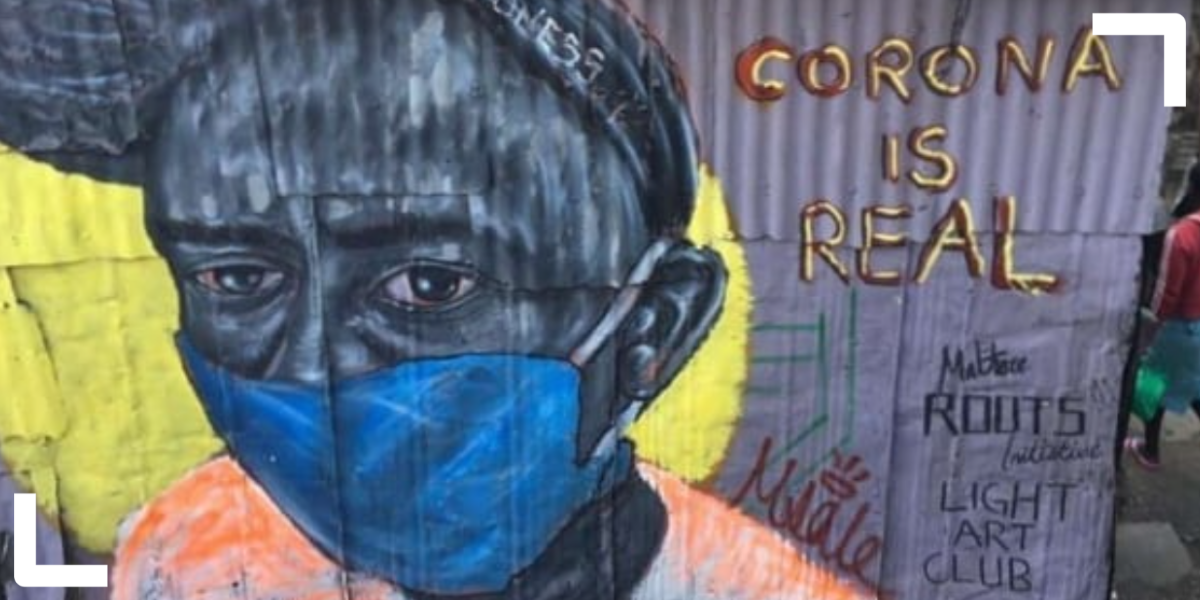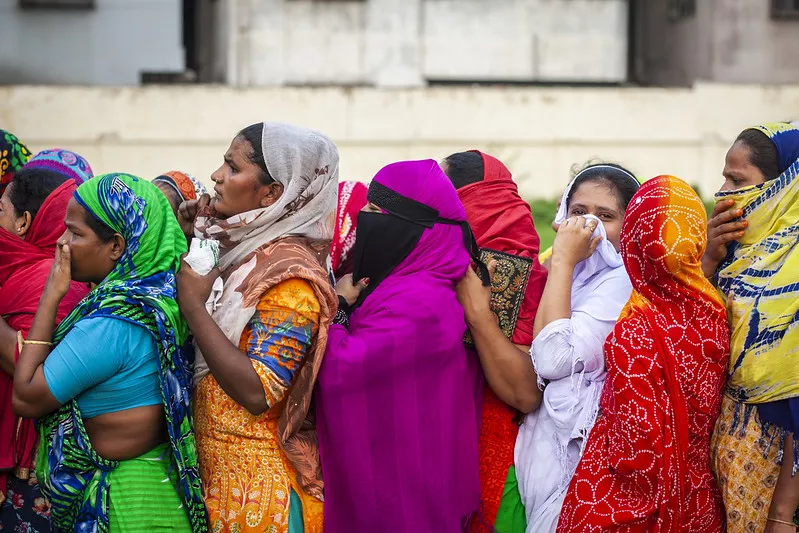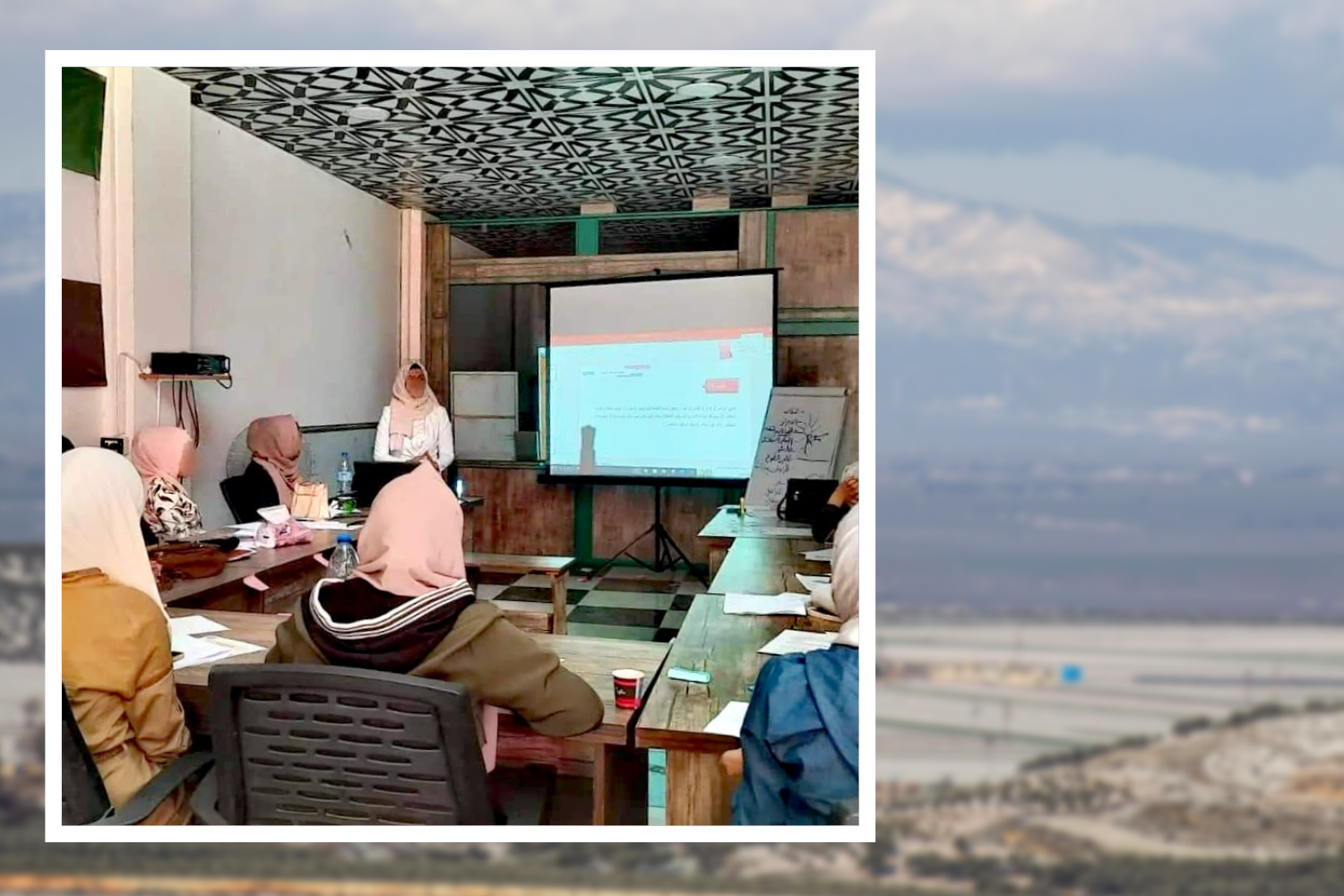Trust, legitimacy and equity. These were highlighted by Paul Mukwaya in his presentation on Covid-19 impacts in Kampala as being key to effective pandemic responses. Others emphasised that community-led responses were able to reach disadvantaged residents more equitably, garnering more trust than official interventions.
A recent Covid Collective working paper from Alice Sverdlik, Henrik Ernstson, Paul Mukwaya, Jane Wairutu and Jackie Waithaka looks at collaborative and community-led responses to Covid-19 in three East African capital cities. Five key entry-points for Covid-19 responses were identified:
- Emergency relief distribution: Including cash and food assistance provided by government, INGOs, private-sector and community groups (differing markedly in their inclusion and legitimacy).
- Risk communication strategies: Both state and non-state approaches using several media, sometimes combined with private-sector or grassroots actors (such as youth groups in Kampala).
- Service delivery: Including efforts to enhance WASH and improve health sector robustness, also focusing on vulnerable groups like refugees in Kampala.
- Livelihoods strengthening: Sometimes with new skills and diversification, with the longer-term potential to enhance grassroots organisations (such as SDI’s Ugandan affiliate National Slum Dwellers Federation making inroads among Kampala’s motorcycle drivers).
- Data collection: With potential to change the terms of inclusion and visibility to local authorities (eg street addressing and settlement profiles by SDI Kenya and Muungano).
Five prominent cross-cutting modalities of interaction were also found in the focus cities:
- Coalitions: National or local-level government taskforces that were typically top-down and inflexible (as in Kampala), but could be effective as a mechanism to coordinate INGOs and government agencies (as in Mogadishu).
- Collaboration: Community members working together with local officials or NGOs to raise awareness, such as Kampala youths collaborating with Red Cross and AMREF.
- Cooperation: Including state and community cooperation to distribute relief or providing new hand-washing stations in informal settlements.
- Community solidarity: Grassroots responses, especially those that benefitted vulnerable groups, but also to support mutual aid and enhance livelihoods among savings groups.
- Challenging and precedent setting: Seeking to develop inclusive alternative interventions such as Muungano and SDI’s street addressing in Nairobi, pushing for new Covid-19 guidelines in informal settlements, and grassroots efforts to challenge police brutality.
Looking ahead, lessons learned and emergent interventions at both the city and community levels can and should be built on to prepare for future crises – but not only pandemics.
Ultimately, developing community-driven interventions to address the pervasive challenges facing marginalised groups, especially those living in informal settlements, will not only boost pandemic preparedness, but also strengthen resilience to multiple socioeconomic, environmental and other shocks.


